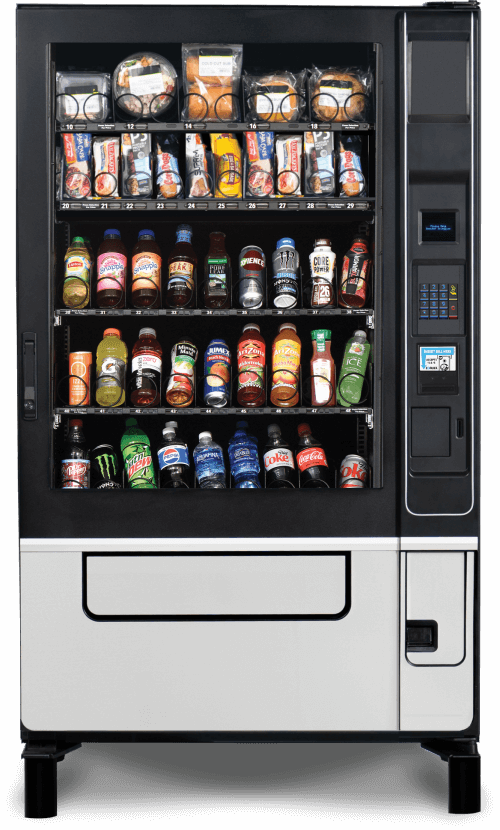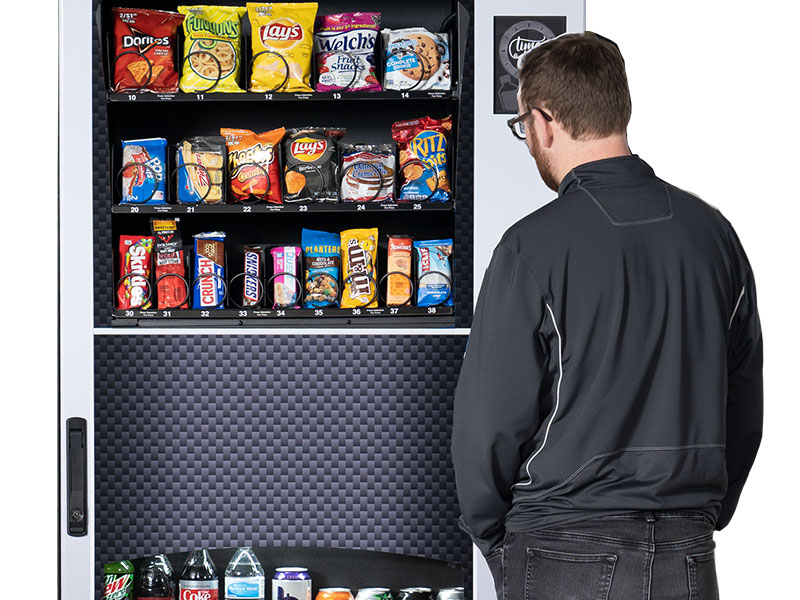Did You Know?
One of the most important parts of maintaining and cleaning a vending machine is brushing the vents? It’s true!
When maintaining a vending machine, many people overlook one crucial cleaning step: brushing. The regularity of brushing you need to perform will vary, depending on the location you choose for the machine.
The only tool you need to take this extra step is a long-handled brush. You don’t even need a specialized one! As long as you can reach every part of the underside of your machine, you will be fine.
So, once you’ve obtained your brush of choice to clean the vending machine vents, simply
- knock away dust, dirt, and other grime that has collected on the vending machine and
- sweep the grime away (if you leave it there, it will just hop back up on the vending machine
The location your machine is in heavily affects how often you need to clean your vending machine. Vending machines, especially refrigerated ones, move a large amount of air. Outdoor machines are susceptible to dirt, dust, and other outdoor remnants being swept up into their airflow, so you would need to clean these machines more regularly than an office vending machine. However, if you were comparing the outdoor machine to one placed in a factory setting, you probably would need to clean the factory one even more.
Cleaning your vending machines is vital to their longevity. Think about when you get a stuffy nose. You can’t breathe and you feel bad. Vending machines respond in almost the exact same way. If there are major blockages of the airflow, the machine can’t breathe enough to cool down. This can cause long-lasting damage to the machine, and if it is a prolonged blockage, you may find yourself with an unsalvageable machine.
In the end, how often the vending machine is cleaned should be decided by the person who knows the location best: you! For more information on the upkeep of your machine, contact Vending.com at 1-800-548-1982.



